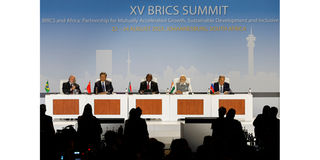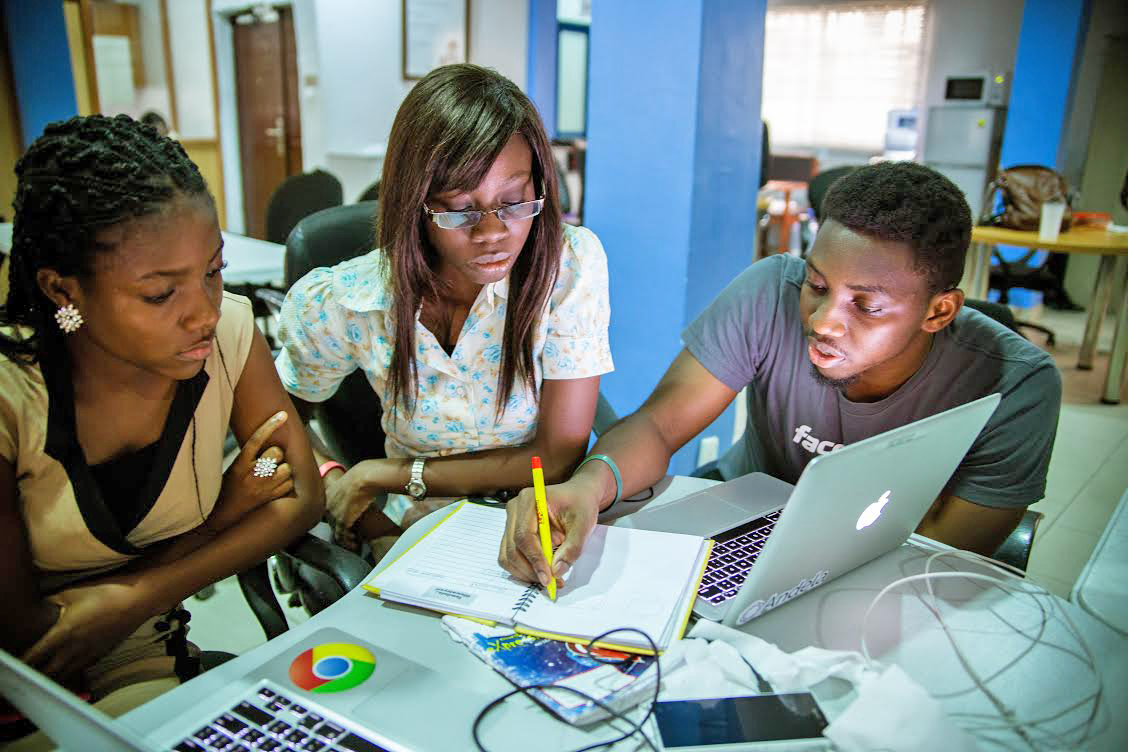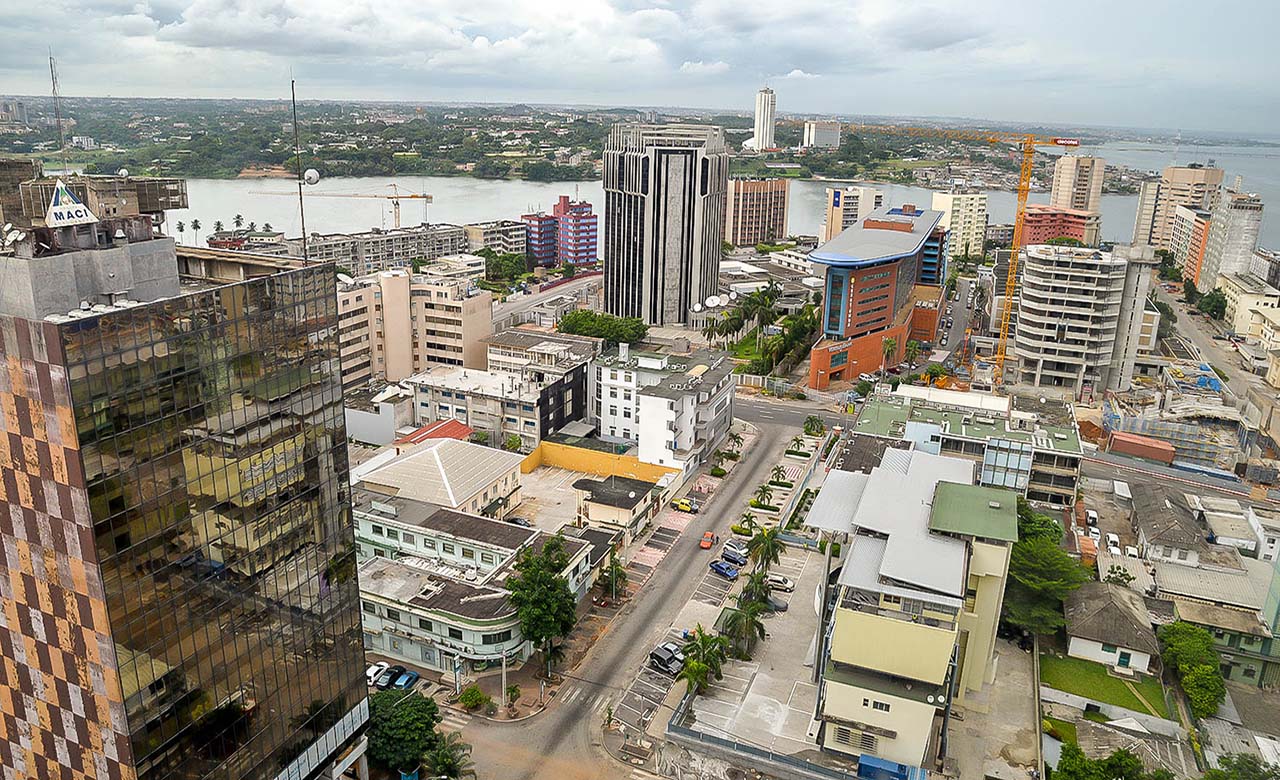Prime
Is it time Africa took the Brics group of nations seriously?

(From L to R) President of Brazil Luiz Inacio Lula da Silva, President of China Xi Jinping, South African President Cyril Ramaphosa, Prime Minister of India Narendra Modi and Russia's Foreign Minister Sergei Lavrov (R) attend the 2023 BRICS Summit at the Sandton Convention Centre in Johannesburg on August 24, 2023.
PHOTO | AFP
What you need to know:
- However, beyond China and Russia’s interests, it remains unclear how members like Brazil, India, and South Africa will benefit from this expansion
The recent Brics summit in Johannesburg concluded with a surprising announcement: Brics is expanding its membership to include six new countries. Argentina, Saudi Arabia, UAE, Iran, Egypt, and Ethiopia will now join Brazil, Russia, India, China, and South Africa in their exclusive club.
With a combined 40 percent of the global population, 25 percent of the global GDP, 30 percent of global food production, and 20 percent of global trade, Brics boast considerable economic and political potential. This expansion aims to multiply this potential to create a new centre of gravity apart from the West.
That must be immensely satisfying for China, which has long advocated for adding new members to Brics. While the alliance superficially positions itself as an economic bloc, some of its members, particularly China and Russia, see it as a platform to amplify their global influence. Their strategic considerations likely played a role in scrutinising new member applications.
Similarly, given the isolation of Russia, thanks to its invasion of Ukraine, this development is Godsent. Putin seized the opportunity in his fiery virtual address to Brics, which he used to question imperialism, justify Russia’s war in Ukraine, and accuse the West of ‘wishing to destroy traditional values’. Kremlin knows that that last point resonates with the views shared by many in the developing world who perceive Western neoliberal values as cultural imperialism.
However, beyond China and Russia’s interests, it remains unclear how members like Brazil, India, and South Africa will benefit from this expansion. Given their proximity to Western powers, for example, South Africa benefits a lot from its participation in AGOA, their aspirations might not perfectly align with their counterparts. Their influence within the group could dwindle without commensurate gains.
A review of the countries admitted to Brics reveals an interesting picture. Of the six emerging economies, only Iran takes an explicitly anti-West stance. To Iran, Brics may help to shield its Uranium enrichment program from intense scrutiny. Others, especially Saudi Arabia and UAE, can even be considered allies of the West. It is not in their interest to break away from the West, but being loaded with newfound wealth, they are keen to define their paths apart from the West. The UAE, for example, is attracting loads of Russian cash and business now that Russians are frozen out of Western financial markets.
Argentina and Egypt are in one group – while they have significant mid-sized economies, they are currently financially constrained and could use new sources of financing beyond the IMF and the World Bank. Ethiopia has a very different profile relative to others – while poor, its massive population and geostrategic positioning give it significant growth potential.
Nevertheless, Nigeria’s absence is a glaring omission. While seemingly a natural fit for Brics, its exclusion raises questions about the admission criteria. While some blame the recent macroeconomic challenges, including instability in the Naira, it is difficult to attribute them as the sole reason for admission denial when countries such as Argentina and Ethiopia have also been admitted.
So, how relevant is the newly expanded Brics to the world and, more specifically, to Africa? Several issues are worth looking into.
Outwardly, Brics projects itself as a unified force challenging Western dominance. However, under that facade lies a significant divergence in interests among its members. While it’s easy to criticise the existing world order, when you look at the backwardness of the nations under Russia’s influence and Chinese practices in Africa, for example, it is difficult to see if Africa would fare any better in a China-Russia world. It may be that Brics is simply a platform for some to annoy the West without offering any real solutions to persistent global issues.
Moreover, while Brics is touted as an alliance of emerging economies, it masks the glaring economic disparities within its membership. China towers over the rest economically, dwarfing their influence. This inequality creates a power imbalance, potentially leading to unequal benefits from cooperation.
Furthermore, Brics members, particularly China and Russia, often face criticism for their human rights records. Saudi Arabia and Iran join that list. A review of the map of the world showing countries based on how free their people are is informative – the colours you see from Brics members leave so much to be desired. Authoritarian tendencies cast a shadow over Brics’ claim as a champion of global justice.
At the end of the Brics summit in Johannesburg, members made a 94-point joint statement that contained many progressive ideas, including articles that advocate for the global south in diverse ways. But, while Brics may have the potential to balance Western excesses, its lack of internal reform casts doubt on its ability to offer Africa a viable alternative. The words of one Egyptian I met after Egypt’s admission into Brics are apt: I asked him what he thought of their admission into Brics, and he said, ‘Just more debts’.
That is possibly all that Brics is for Africans now: ‘Big Rhetoric, Insignificant Changes’. This Brics is far from creating a world system where Africans can thrive.





